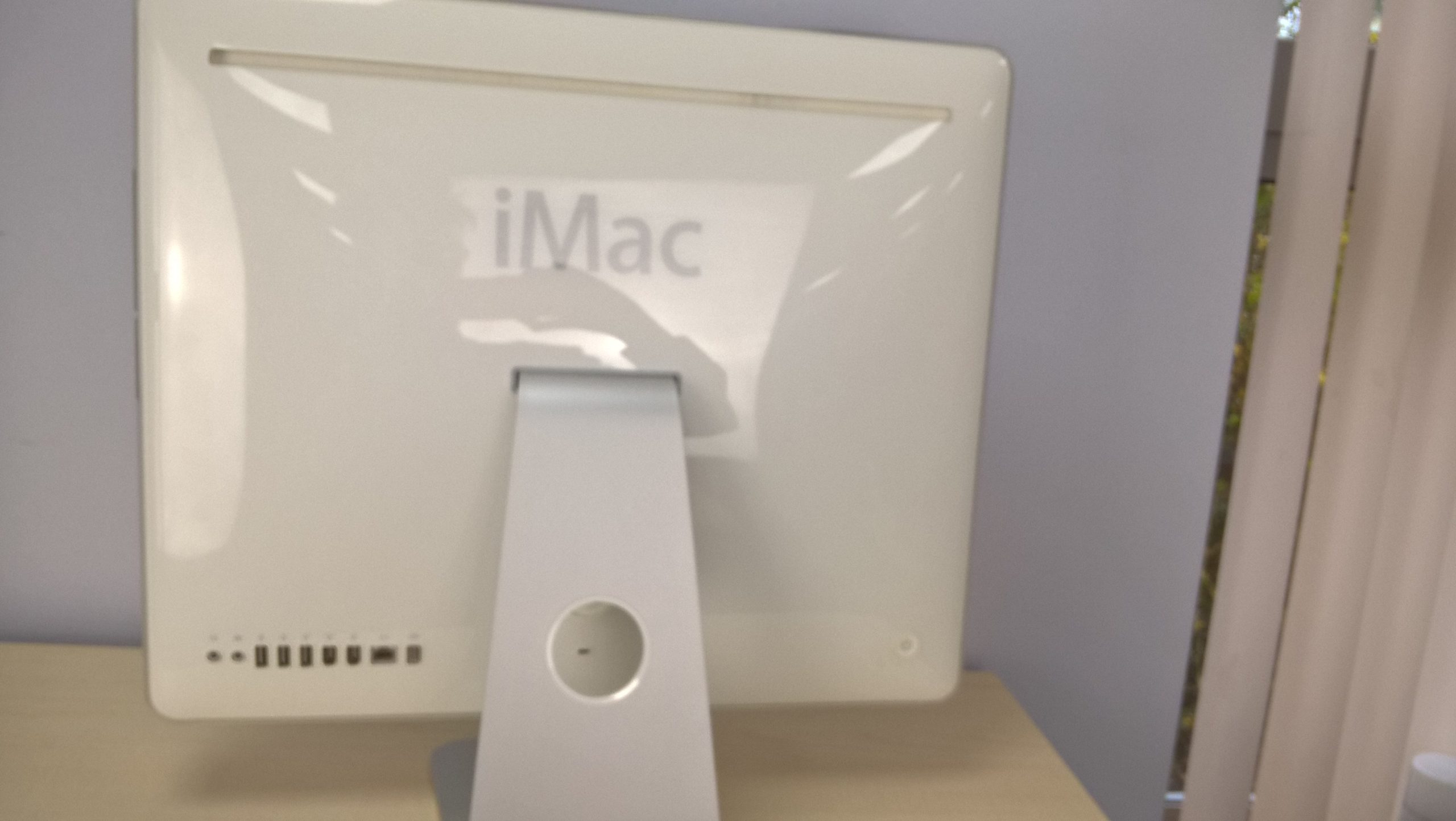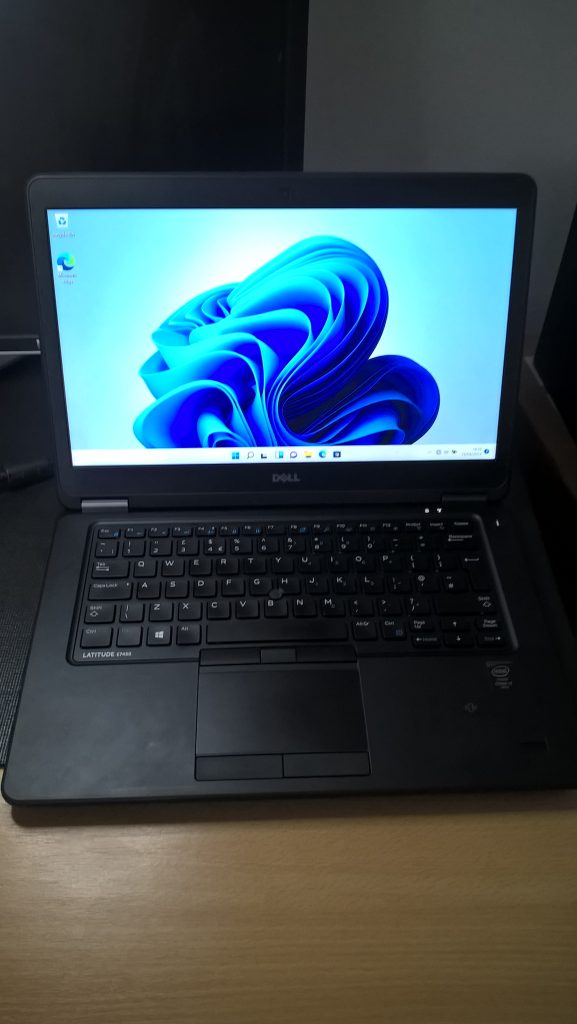Can This Computer Run Minecraft? A Comprehensive Guide to Assessing Your System for Gaming
Minecraft is an adventurous, sandbox-style game that has captured the hearts of millions of players worldwide. Whether you are exploring vast terrains, building intricate structures, or battling mobs, Minecraft offers a unique experience. However, before you dive into your pixelated adventures, you must ensure that your computer meets the game’s system requirements. This article will guide you through assessing your system’s ability to run Minecraft and provide insights into system requirements, upgrades, and troubleshooting common issues.
Understanding Minecraft’s System Requirements
Before checking if your computer can run Minecraft, it’s essential to understand the game’s system requirements. Minecraft can be played on various devices, from high-end gaming rigs to basic laptops. The official system requirements are divided into two categories: minimum requirements and recommended requirements.
Minimum Requirements
These specifications ensure that Minecraft can run on your system, although with limited performance:
- OS: Windows 10 (64-bit) or later, macOS Mojave (10.14.5) or later, or a Linux distribution.
- CPU: Intel Core i3-3210 or AMD A8-7600.
- RAM: 4 GB.
- GPU: Intel HD Graphics 4000 or AMD Radeon R5.
- Storage: At least 4 GB of available storage.
- Java: Updated version of Java (if using the Java Edition).
Recommended Requirements
These specifications are optimal for playing the game smoothly with better graphics and performance:
- OS: Windows 10 (64-bit) or later, macOS Mojave (10.14.5) or later, or a Linux distribution.
- CPU: Intel Core i5-4690 or AMD A10-7800 or equivalent.
- RAM: 8 GB or more.
- GPU: NVIDIA GeForce 700 Series or AMD Radeon Rx 200 Series.
- Storage: SSD for faster load times.
Optional Requirements
If you plan to play with mods or resource packs that enhance graphics, additional requirements may include:
- GPU: Dedicated graphics card such as NVIDIA GeForce GTX 900 Series or AMD Radeon RX 400 Series.
- RAM: 16 GB for heavy modding.
Assessing Your Computer’s Specifications
Once you know the requirements, the next step is to check your computer’s specifications. Follow these steps to determine if your computer can run Minecraft:
For Windows Users
- Press
Windows + Rto open the Run dialog. - Type
dxdiagand pressEnter. This opens the DirectX Diagnostic Tool. - In the tool, you will find your CPU, RAM, GPU information, and operating system version listed.
For Mac Users
- Click on the Apple icon in the top-left corner.
- Select
About This Mac. - Here you’ll find details about your Mac, including processor, memory (RAM), and graphics.
For Linux Users
You can check your system’s specifications through the terminal:
- Open the terminal.
- Type
lscpufor processor information andfree -mfor memory.
Comparing your findings with the minimum and recommended requirements will help you determine if your system can run Minecraft.
Upgrading Your Computer for Gaming
If your computer does not meet the minimum requirements, you have a few options to improve its performance. Here’s how:
Upgrade RAM
If your RAM is less than 4 GB, consider upgrading it. RAM is vital for multitasking and game performance. Many laptops and desktops allow RAM upgrades through additional slots.
Consider a Better CPU
If your CPU is below the minimum specifications, upgrading may be challenging, especially for laptops. However, desktops often allow CPU replacements. When upgrading, ensure compatibility with your motherboard.
Improve Graphics Performance
A dedicated graphics card can substantially improve gaming performance. If your computer has integrated graphics, consider installing a compatible graphics card. Brands such as NVIDIA and AMD offer various options across different price ranges.
Storage Solutions
Using a Solid-State Drive (SSD) instead of a traditional Hard Disk Drive (HDD) can significantly improve load times, especially when playing games. If your computer has an HDD, consider upgrading to an SSD.
Troubleshooting Common Issues
Even if your computer meets the requirements, you may still encounter issues while running Minecraft. Here are some common problems and their solutions:
Lagging or Low Frame Rates
-
Reduce Graphics Settings: Lower your graphics settings in Minecraft to enhance performance. Disable fancy graphics, reduce render distance, and turn off smooth lighting.
-
Close Background Applications: Applications running in the background can consume memory and CPU resources, leading to lag. Closing these applications can free up resources for Minecraft.
-
Allocate More RAM to Minecraft: If you’re using the Java Edition, you can allocate more RAM to the game in the launcher settings.
Crashes or Errors
-
Update Java: Ensure you have the latest version of Java installed, as Minecraft runs on Java.
-
Check for Corrupted Files: You can repair your Minecraft installation through the launcher. This option allows you to replace missing or corrupted game files.
Connection Issues
If you’re playing on multiplayer servers, connection issues might arise. Check your internet connection and consider connecting through a wired Ethernet connection for better stability.
Final Thoughts
Playing Minecraft can be a time-consuming adventure filled with endless creativity. However, before embarking on your journey, it is crucial to conduct a thorough assessment of your computer’s capabilities. By understanding system requirements, assessing your specifications, and making necessary upgrades, you can ensure that your gaming experience is smooth and enjoyable.
Furthermore, troubleshooting common issues will allow you to spend more time crafting and less time dealing with technical hitches. As you prepare to dive into the world of Minecraft, remember to foster a proper balance between your gaming and system capability. With the above insights, you are well on your way to experiencing the immersive world of Minecraft without a hitch.
Engaging with the Gaming Community
As you continue your adventure in Minecraft, consider engaging with the community. Platforms like Reddit, with dedicated subreddits for Minecraft, can offer valuable advice, tips, and support. There, you can share your experiences, ask for help, and connect with players worldwide.
In conclusion, ensuring your computer can run Minecraft not only sets you up for a successful gaming experience but also allows you to immerse yourself in the creative and collaborative aspects of this beloved game. Happy crafting!
Share this content:




Response
Hi there! It’s great that you’re looking into whether your computer can run Minecraft. Here’s a quick checklist and some additional tips to help you assess and potentially enhance your system for an optimal gaming experience:
1. Quick Check of Your Specs
Start by following the instructions in the article to check your current specifications for OS, CPU, RAM, GPU, and storage. Make sure to compare each of these against the minimum and recommended requirements listed.
2. Understanding Your Components
If you’re unfamiliar with what some of these components mean, here’s a brief breakdown:
3. Performance Enhancements
If your system is below the recommended requirements, consider the following upgrades: